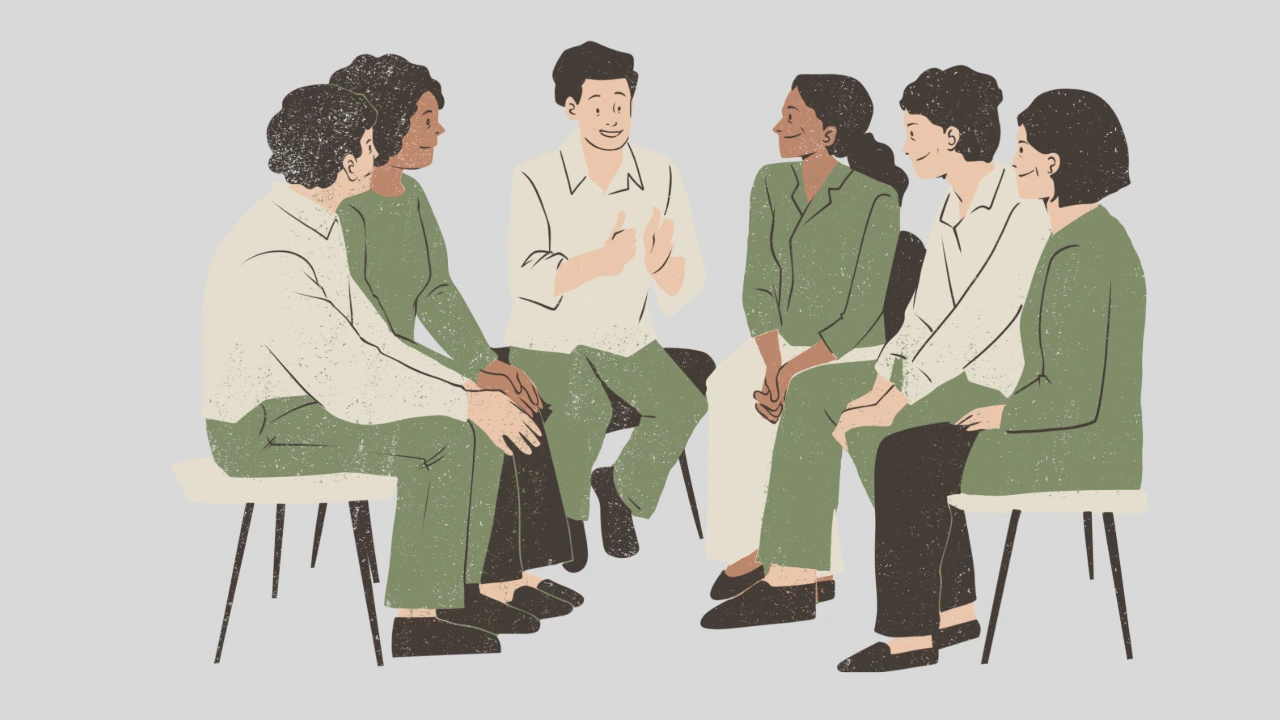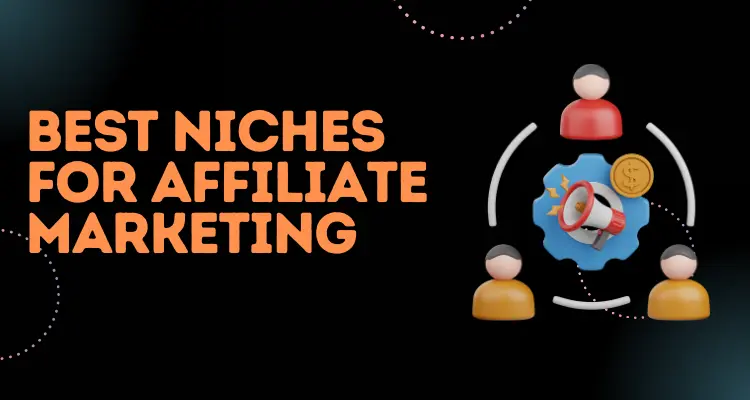‘Get paid to go to rehab’ may sound strange, but what if I told you that you could earn $599 for attending rehab?
In the Biden administration, according to the Washington Post, Pfeifer mentioned that clients could receive up to $599 for participating in a rehab program.
If you’re seeking addiction recovery and worried about the financial burden, you may be surprised to learn that there are programs where you can get paid to go to rehab. More people are finding it tough to afford treatment. But luckily, there are options to earn money or receive financial support while getting help. These programs are designed to ease your worries so you can focus on recovery.
This guide’ll explore how you can earn while receiving the help you need to recover.
Types of Rehab Programs

Types of Programs That Pay You to Go to Rehab
Now, let’s explore the various programs that pay you to go to rehab. These can be government-funded, offered by non-profits, or even through research studies. Each has its own benefits.
1. Government Assistance Programs
Some states offer financial help through Medicaid or other state-funded programs. If you’re eligible, these programs can cover your rehab costs, either fully or partially. It’s an excellent option if you’re worried about paying out of pocket.
2. Scholarships & Grants
Many rehab centers and organizations provide scholarships or grants. These funds can cover part or all of your treatment expenses. It’s worth checking with non-profits or rehab facilities to see if they offer any financial aid options.
3. Paid Clinical Trials
Research studies and clinical trials sometimes pay participants to undergo addiction treatment. If you qualify, you can get paid while receiving cutting-edge care. It’s a great way to contribute to addiction research while benefiting financially.
4. Employment Incentives
Some companies support employees who need rehab. They may offer paid leave or salary continuation while you get treated. This way, you can focus on your recovery without worrying about losing income or your job.
Eligibility Requirements for Getting Paid to Go to Rehab
Not everyone qualifies for programs that offer payment or financial support during rehab. Each program has its own rules, but several common factors determine eligibility.
To get paid to go to rehab, you may need to meet specific criteria like income level, medical condition, or where you live. Some programs are available only to low-income individuals, while others might focus on those with severe addiction issues.
Other programs might have age restrictions or require certain insurance plans. Diagnosis requirements are also common, meaning you’ll need a verified substance abuse problem. It’s important to check the unique qualifications for each program before applying.
How Much Can You Get Paid to Go to Rehab?
So, how much can you get paid to go to rehab? The amount varies depending on the program. Some offer small stipends that help cover daily living expenses during your stay. Others may provide larger amounts, especially if you’re part of a research study or clinical trial.
For scholarships and grants, you can often expect to receive enough to cover part or all of your treatment costs. Some government programs may fully fund your rehab, especially if you qualify for Medicaid. Insurance coverage can also save you a lot, reducing out-of-pocket expenses.
While exact amounts can differ, it’s common to see financial assistance ranging from a few hundred to several thousand dollars. It all depends on the type of support you apply for.
How to Apply for Programs That Pay You to Go to Rehab
Ready to take the next step? Here’s how to apply for programs that pay you to go to rehab.
First, do some research. Look into rehab centers and organizations that offer financial support. Make sure you understand the specific requirements for each one.
Next, gather your paperwork. You’ll likely need documents like proof of income, medical records, or insurance information. Some programs also require a referral from a healthcare provider.
Once you have everything, follow the steps to apply. This might involve filling out online forms or submitting documents by mail. Make sure to meet all deadlines.
For scholarships or grants, writing a strong application is key. Be honest and clear about your financial needs and how treatment will help you. The more thorough your application, the better your chances of approval.
Benefits of Getting Paid to Go to Rehab
One of the biggest benefits of getting paid to go to rehab is the financial relief it provides. Addiction treatment can be expensive, and these programs help reduce that burden for both individuals and their families. By offering stipends, grants, or other forms of support, these programs allow you to focus fully on your recovery without stressing about money.
Another great benefit is mental relief. Knowing that you can earn while receiving treatment helps you stay focused on healing. Without the constant worry about finances, you can dedicate yourself to your treatment plan and increase your chances of a successful recovery.
In the long term, these programs can have a huge impact. By removing financial barriers, more people are likely to seek help earlier. This can lead to better recovery outcomes and a healthier future. Plus, earning while in rehab can help you maintain some financial stability, making the transition back to daily life easier once treatment is complete.
Get Paid to Go to Rehab: Challenges or Limitations
While the idea of getting paid to go to rehab is appealing, there are a few challenges and limitations to consider. For one, these programs are not always easy to find. They may have limited availability, and not all rehab centers participate in such initiatives. This means you’ll need to spend time researching and verifying programs.
Eligibility can also be strict. You might have to meet specific income requirements, or your insurance may need to cover certain costs. In some cases, programs might cap the amount of financial support, leaving you responsible for the remaining expenses.
Another challenge is ensuring the program’s legitimacy. It’s important to be cautious and verify that the rehab center or program is reputable. Scams can happen, so always double-check before committing to anything.
Despite these challenges, with some effort and research, it’s possible to find programs that offer real support, helping you take the next step toward a healthier, addiction-free life.
Get Paid to Go to Rehab: Concluding Thought
In summary, the opportunity to get paid to go to rehab can be a game-changer for those facing addiction. These programs offer crucial financial relief, allowing you to focus on healing without the burden of high costs. Whether through stipends, scholarships, or government support, there are real ways to earn while receiving the treatment you need.
If you’re ready to take control of your life and start the recovery journey, don’t hesitate to explore these programs. The support is out there, and you deserve a chance to heal without financial stress holding you back.
If you or someone you know is considering rehab, now is the time to research the best options. Join the conversation below and share your thoughts or questions—together, we can break the barriers to recovery!
Further Reading:
- Get Paid to Learn a Trade: Earn as You Build Skills!
- Get Paid to Learn Code – Earn While You Learn
- Get Paid to Watch Netflix: Unveiling 15 Ways
- Get Paid to Read Books: These 15 Platforms Pay
- Get Paid to Sleep: 10 Options To Explore
- Get Paid to Talk to Lonely People: These 50 Sites Pays Well
- 42 Side Hustles That Pay Weekly
Frequently Asked Questions (FAQ)
1. Can you really get paid to go to rehab?
Yes, there are programs that offer financial support for rehab, including stipends, scholarships, and government assistance. These programs are designed to help ease the financial burden while you focus on your recovery.
2. Who is eligible to get paid to go to rehab?
Eligibility varies by program. Factors such as income level, medical condition, location, and insurance coverage may determine if you qualify. Some programs may also have age or diagnosis requirements.
3. How much can you get paid to go to rehab?
The amount you can receive depends on the type of program. Some offer small stipends, while others provide scholarships or full treatment coverage through government assistance or insurance. Compensation can range from hundreds to thousands of dollars.
4. How do I find programs that pay for rehab?
Research is key. Look into government assistance programs, rehab centers that offer scholarships, or organizations conducting paid clinical trials. Checking with your insurance provider can also uncover potential support options.
5. What are the challenges of finding paid rehab programs?
Finding these programs can be challenging due to limited availability, strict eligibility requirements, and potential caps on financial support. It’s important to carefully research and verify the legitimacy of any program offering payment.







